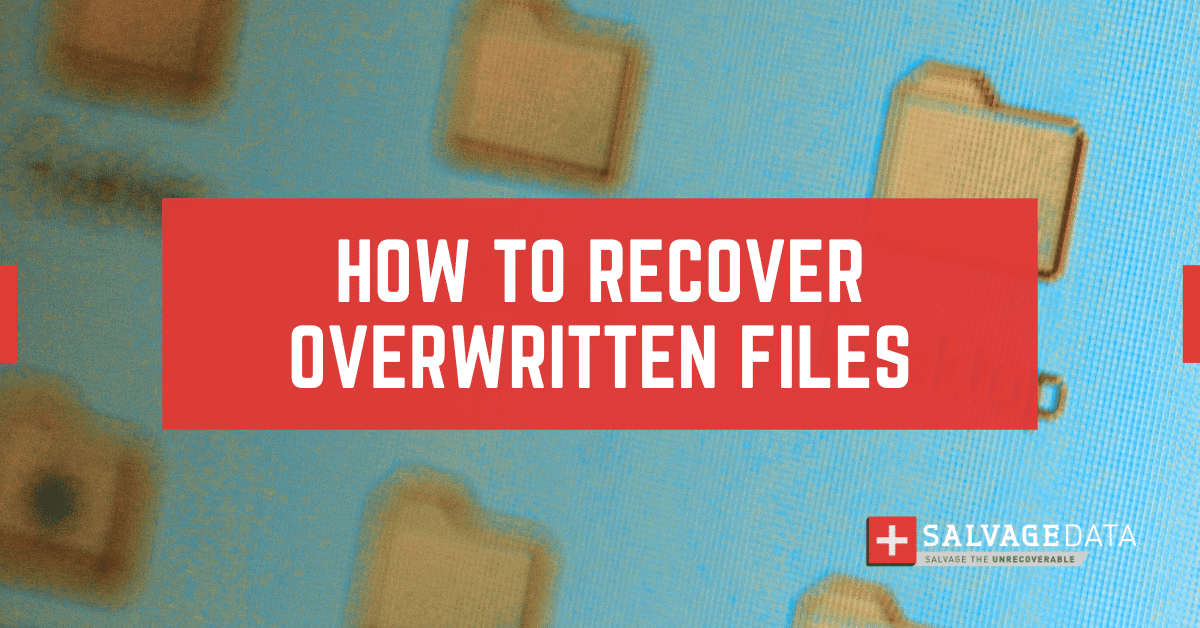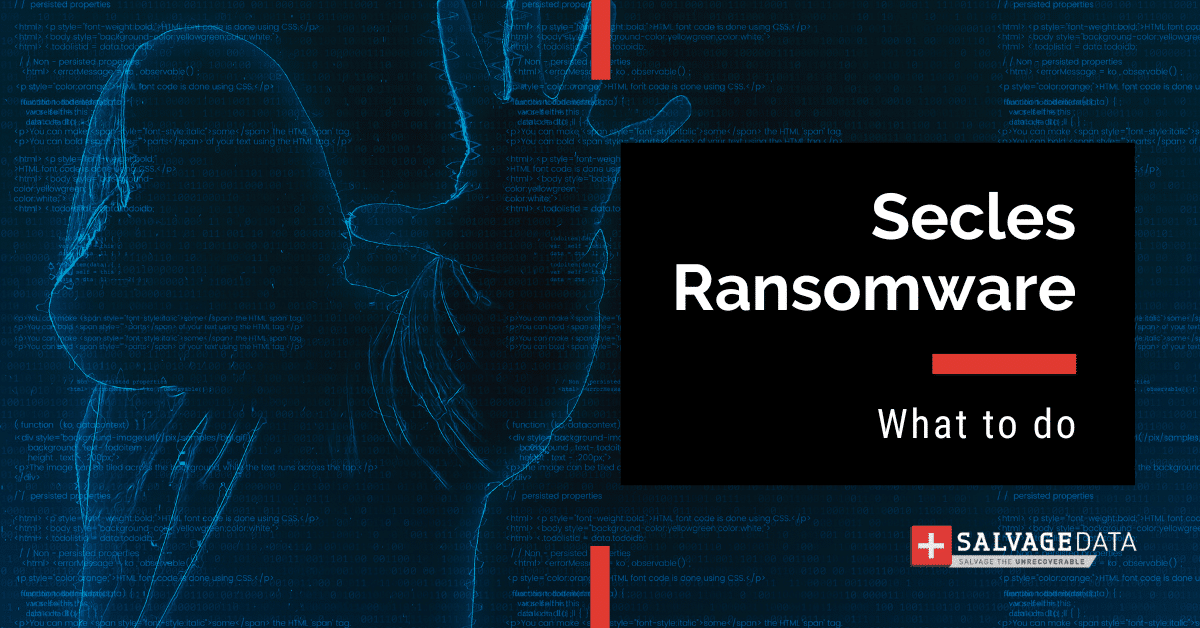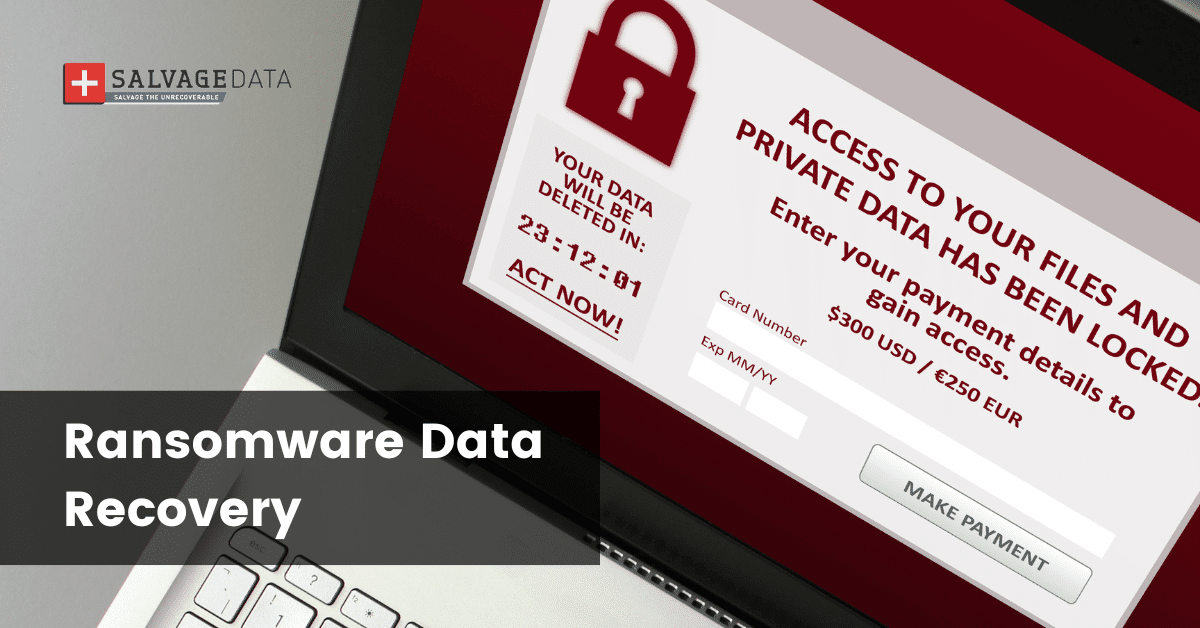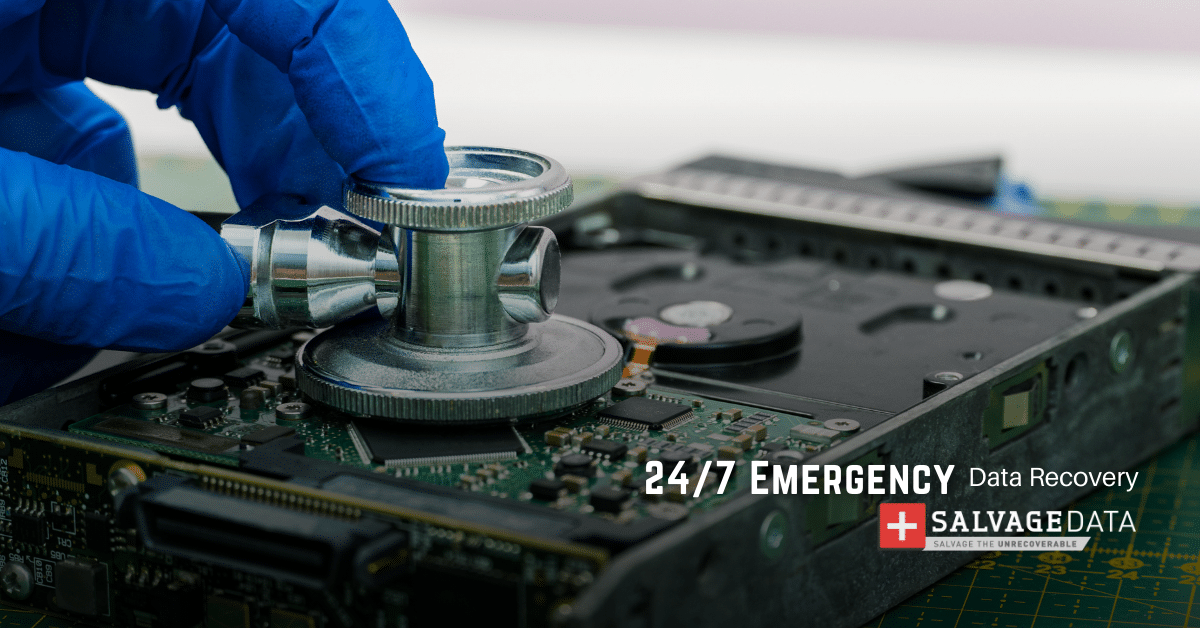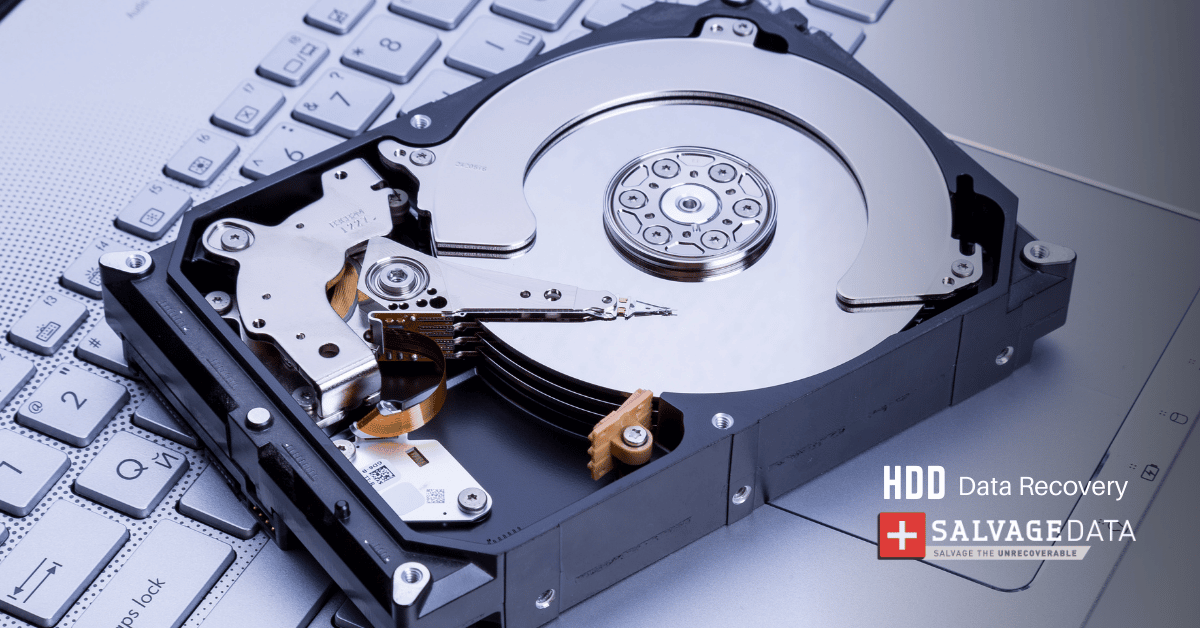Recent Articles
How To Recover Overwritten Files
The Snowflake Data Breach: A Comprehensive Overview
Mac Not Recognizing External Hard Drive: Quick Fix Solutions
How Multi-Cloud Backup Solutions Can Prevent Data Disasters
Capibara Ransomware: What is it & How to Remove
What Should a Company Do After a Data Breach: The Ticketmaster Incident
Secles Ransomware: Removal Guide
What To Do When Your Chromebook Freezes
How to Create Hyper-V Backup
What Is The Best Data Recovery Software For PC

I think there's an issue with my storage device, but I'm not sure Start a free evaluation →
I need help getting my data back right now Call now (800) 972-3282
What is NullByte Ransomware?
NullByte is a type of malware that encrypts files on your computer, making them inaccessible. Attackers typically spread NullByte through email attachments or malicious links.
How does NullByte work?
NullByte works by encrypting files on your computer using a strong encryption algorithm. Once the files are encrypted, the ransomware will display a message demanding a ransom be paid to decrypt the files. The ransom amount will typically vary depending on how much data was encrypted.
How do I know if I have NullByte Ransomware?
If attackers infected you with NullByte, you will see a ransom note, and also, you will see that your files will have a new extension, such as .nullbyte.
What types of files does NullByte encrypt?
It will target and encrypt any type of file, including documents, images, videos, and more.
What encryption algorithm does NullByte use?
This ransomware uses the RSA encryption algorithm to encrypt files.
What are some NullByte Ransomware variants?
Some NullByte Ransomware variants include NullByteX, NullRansom, and NullLocker.
Protection
There are a few things you can do to protect yourself from NullByte and other types of ransomware:
- Keep your operating system and software up to date: Install updates as soon as they become available. This helps close security gaps that malware could exploit.
- Use reputable antivirus software: Antivirus software can detect and remove NullByte and other types of malware from your computer. Be sure to keep your antivirus software up to date for the best protection.
- Don’t open email attachments from unknown senders: attackers often spread NullByte and other ransomware through email attachments. If you receive an attachment from an unknown sender, don’t open it. Delete the email and empty your trash folder to make sure the attachment is gone from your computer.
- Be cautious when clicking links: they can also spread NullByte and other ransomware through malicious links. Don’t click on links from unknown sources and be careful even when clicking links from known sources. If you’re unsure about a link, hover over it with your mouse to see where it’s going to take you before you click on it.
- Back up your data regularly: this will help you recover your files if you do become infected with NullByte or other ransomware. Be sure to store your backups offline so the malware can’t encrypt them.
History
NullByte was first discovered in May 2017. It was first seen being spread through the NullByte Exploit Kit.
The biggest NullByte campaign was in November 2017, when it was used to target users in South Korea.
How much is the NullByte Ransomware ransom?
The NullByte Ransomware ransom typically varies depending on how much data was encrypted. However, the average ransom is $500.
What payment methods does NullByte Ransomware support?
This ransomware typically accepts Bitcoin or Ethereum as payment.
Should I pay the NullByte Ransomware ransom?
No, you should not pay the NullByte Ransomware ransom. Paying the ransom does not guarantee that your files will be decrypted. There have been cases where victims who paid the ransom did not get their files decrypted.
What should I do?
If you think you are infected with NullByte, the best thing to do is to immediately disconnect from the internet to prevent the malware from spreading further.
Then, you should run a full scan of your computer with reputable antivirus software. This will help remove the ransomware from your system.
Once you’ve removed it, you can try using file recovery software to restore your encrypted files. There are several free and paid file recovery programs available, but not all of them will work with this ransomware. You may need to try a few different programs before you find one that works for you.
We recommend using SalvageData data recovery software.
If you don’t want to bother with file recovery, you can also try restoring your files from a backup. If you have a backup of your files, this is the best way to get your data back. Make sure to delete any infected files from your computer before restoring backups to avoid infecting your backups again.
Public decryption tool
There is no public NullByte ransomware decryption tool available at this time. Even if you find a tool, there is no guarantee that it will work to decrypt your files. Also, using a decryption tool could be dangerous, as it could contain malware.
NullByte Ransomware can be a difficult malware to remove and can cause a lot of damage to your files. Be sure to take precautions to protect yourself from NullByte and other types of ransomware, and if you do get infected, take steps to remove the malware and restore your files as soon as possible. Also, you should change any passwords that may have been compromised during the NullByte attack.
Contact a data recovery service
If you can’t remove NullByte ransomware or decrypt your files, you may be able to recover your data by working with a data recovery service. Data recovery services specialize in helping people recover data from malware infections and can often get your files back even when other methods have failed.
Just be sure to do your research before working with any data recovery service, as there are a lot of scams out there. Only work with a reputable service that has experience with NullByte ransomware and can show you evidence that they can recover your files.
SalvageData is a reputable data recovery service that has experience with NullByte ransomware and can often recover your files. We have a NullByte ransomware data recovery success rate and can provide you with a free evaluation to see if we can recover your files.
If you decide to work with us, we will first need a sample of one of your encrypted files so that we can determine the best course of action for recovering your data. We then provide you with a no-obligation price quote and can begin working on recovering your files as soon as you give us the go-ahead.
For more information on our NullByte ransomware data recovery services, please contact us today. We are ready to help you 24/7/365.

